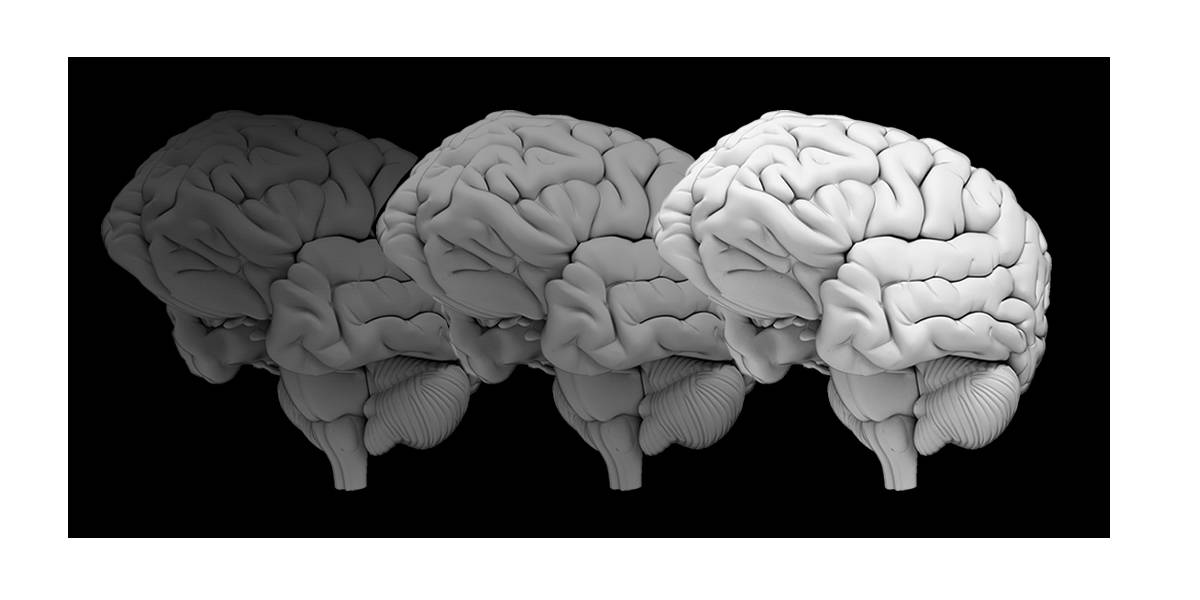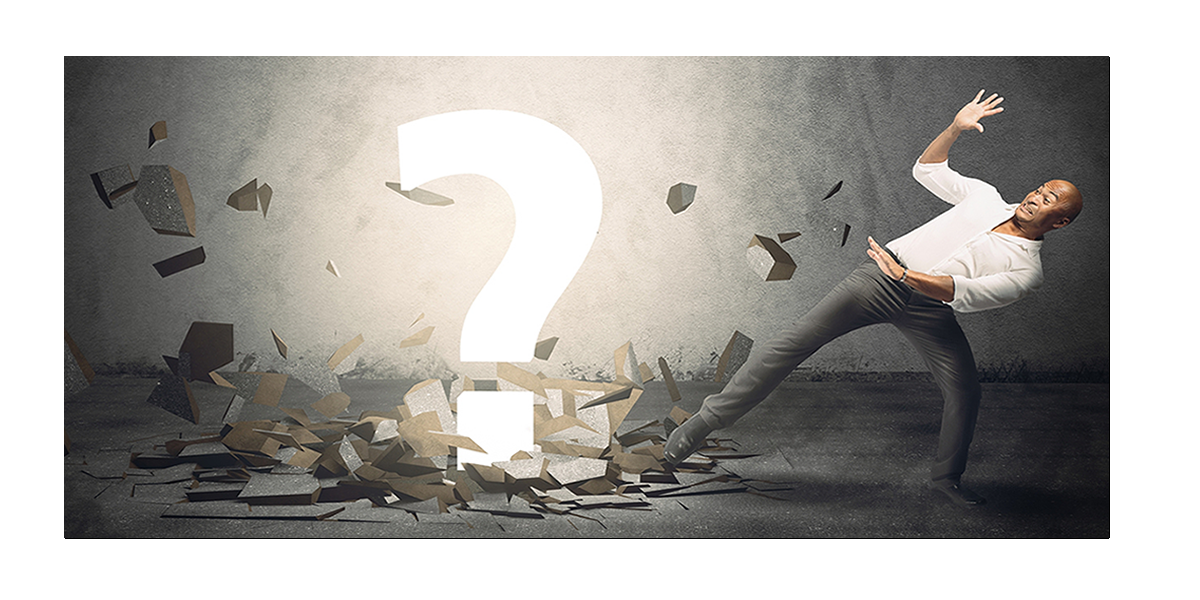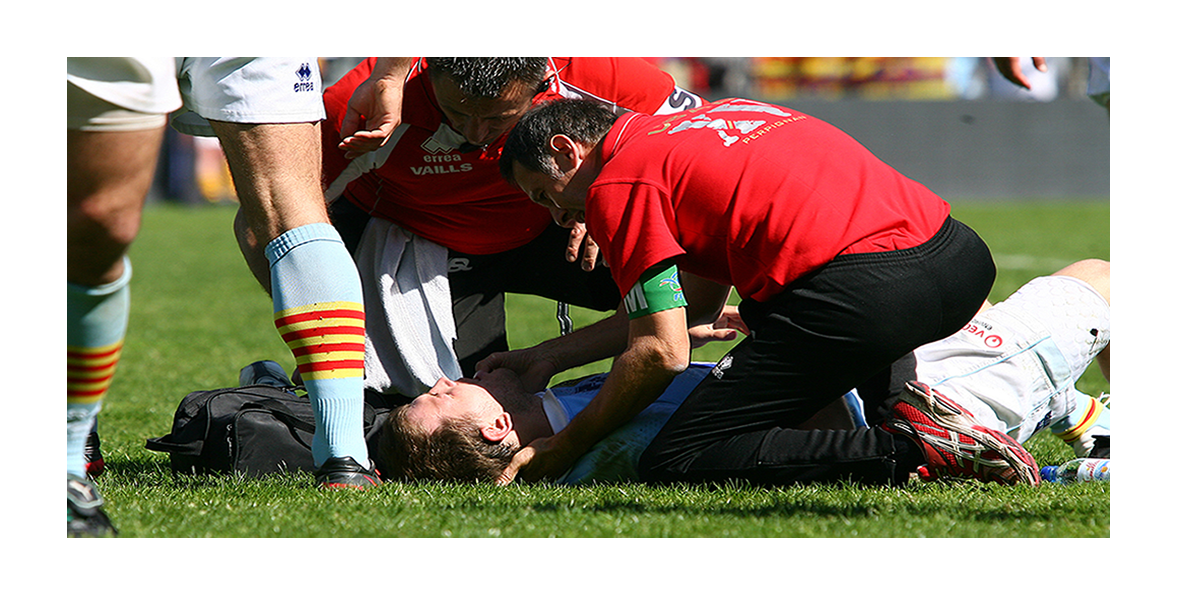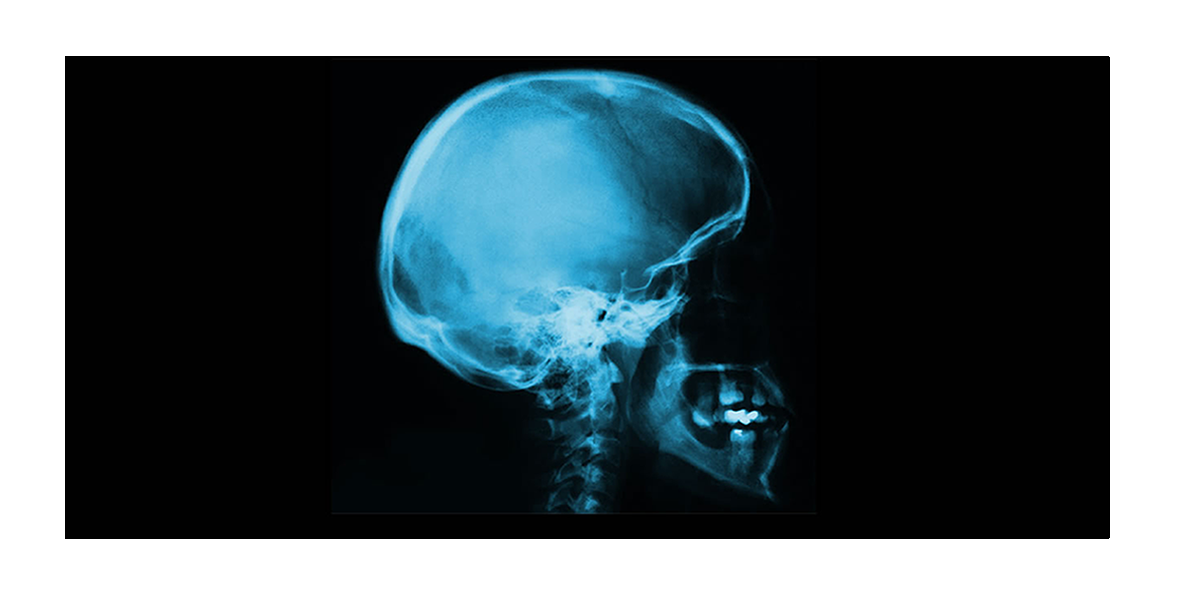Head Injuries and seniors…
Children are not the only individuals at risk for head injuries due to falls. Senior citizens also have a great risk of head injuries. When children fall, it is because of new found abilities such as walking, running, and climbing. Older individuals fall for a number of reasons. These reasons can range from sicknesses that disrupt normal balance, eyesight failure, weakening reflexes, and dizziness. While there are a number of other attributing factors that can lead to a fall, these are by far the highest ranking risks.
Dizziness is a huge risk factor because when an individual becomes dizzy it is nearly impossible to get a grip on anything, let alone stay upright. There are some common illnesses that can causes extreme dizziness in an aging individual, such as vertigo. A person with vertigo, no matter what the age, can rarely tell which direction is up, and which direction is down, so as you can imagine keeping their feet planted firmly on the ground is almost impossible.
Being unable to regain balance after a slight slip is another common cause of traumatic head injury after a fall. An older person has what some people like to call a dulling sense of reflexes. When we are young our reflexes are weak and untrained, as we age we tone these reflexes and they become excellent. However, when we reach our golden years these reflexes have a tendency to slow and become weak again. Therefore, when a senior citizen starts to slip, their reflexes are not responding quickly enough to correct the slip, or grasp on to a stable object to catch them.
It is so very important to prevent these falls, because falls are so very detrimental in the elderly; weakened bone structures can lead to fractures and even serious breaks. This includes the protective boney shell around the brain…the skull. Closed skull injuries in the elderly are basically the same as with a toddler, however, the elevated risk of skull fracture resulting in direct brain trauma in an older person is extremely high. The difference between elderly and small children is the height and speed at which they fall, toddlers are low to the ground and don’t gain much momentum during a fall, while the elderly are tall and do gain momentum during the fall. This means they hit the ground harder, which has a higher chance of resulting in head trauma.
It is possible to correct some of these problems that are caused by the normal aging process. There are exercises and supplements to help aid in your effort to fight back these aging problems. However, slips and falls related to illnesses are not so easily corrected, and caretakers must ensure that every risk factor is eliminated in order to prevent falls. If the person lives at home all precautions must be taken to eliminate normal risks, such as skid proofing the bathroom… a common site for falls. Preventing a fall is not always feasible, however a great majority of the time it is and we should do everything in our power to see that our loved ones never have to endure such pain and fear.
|







